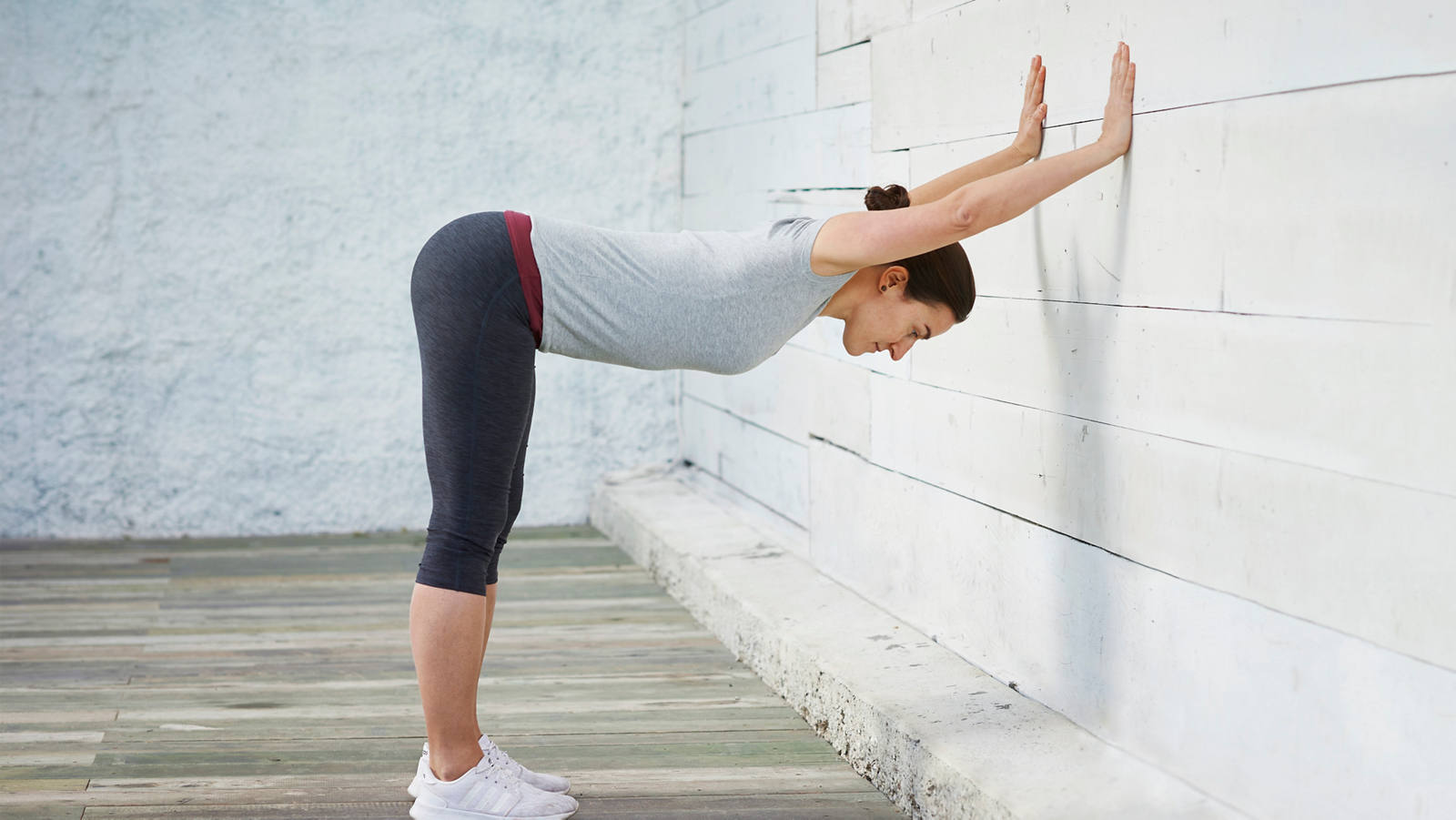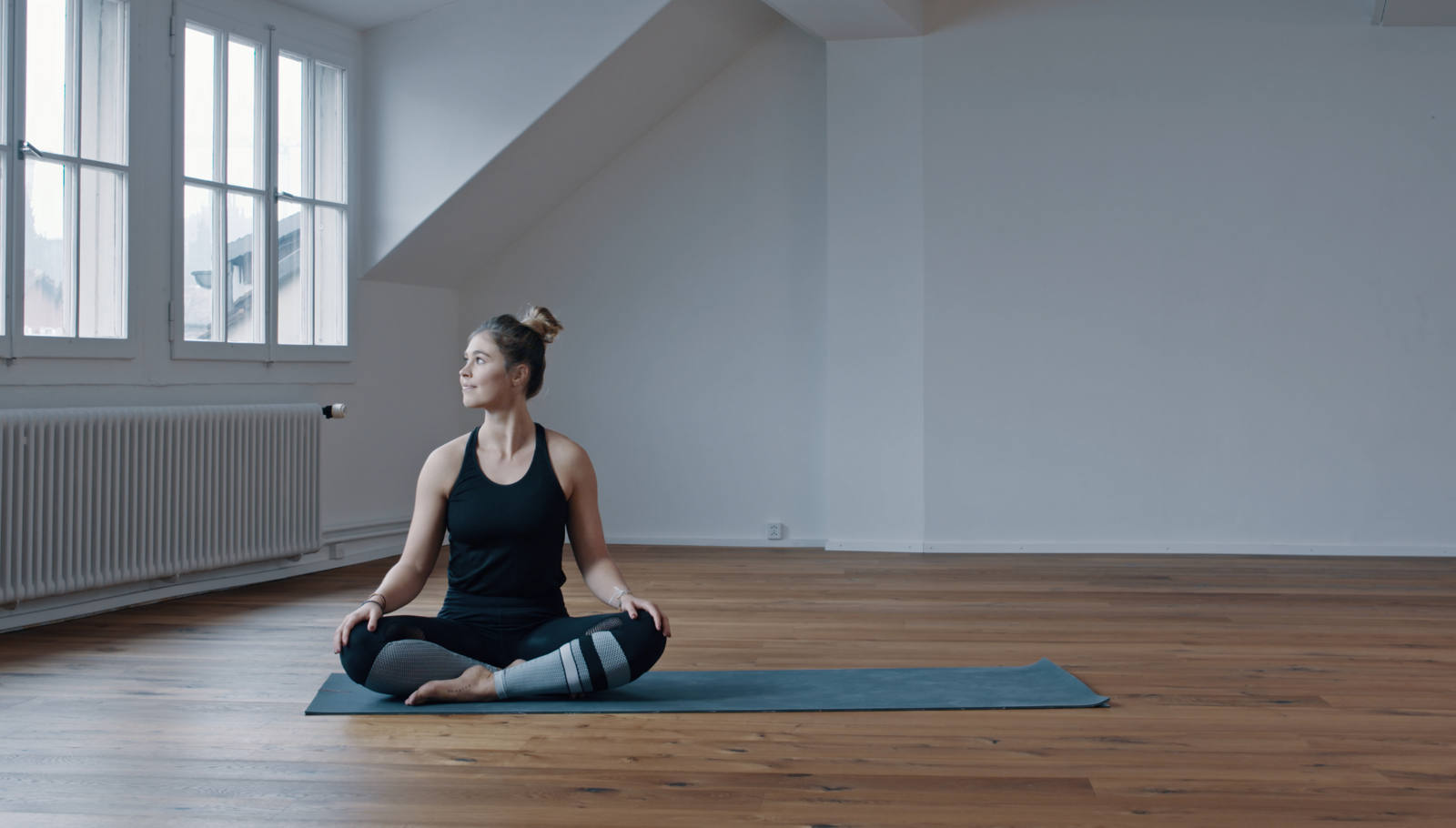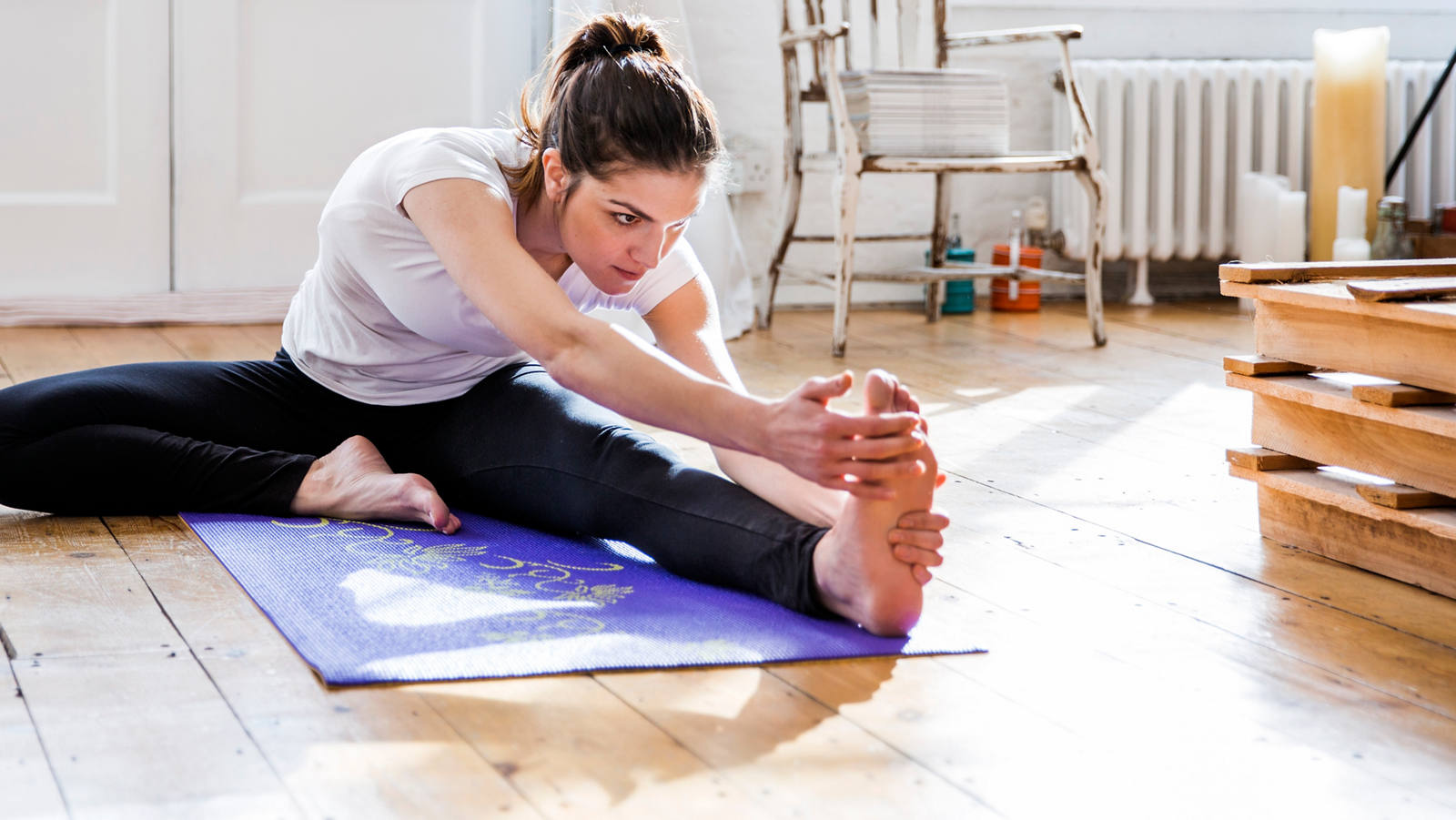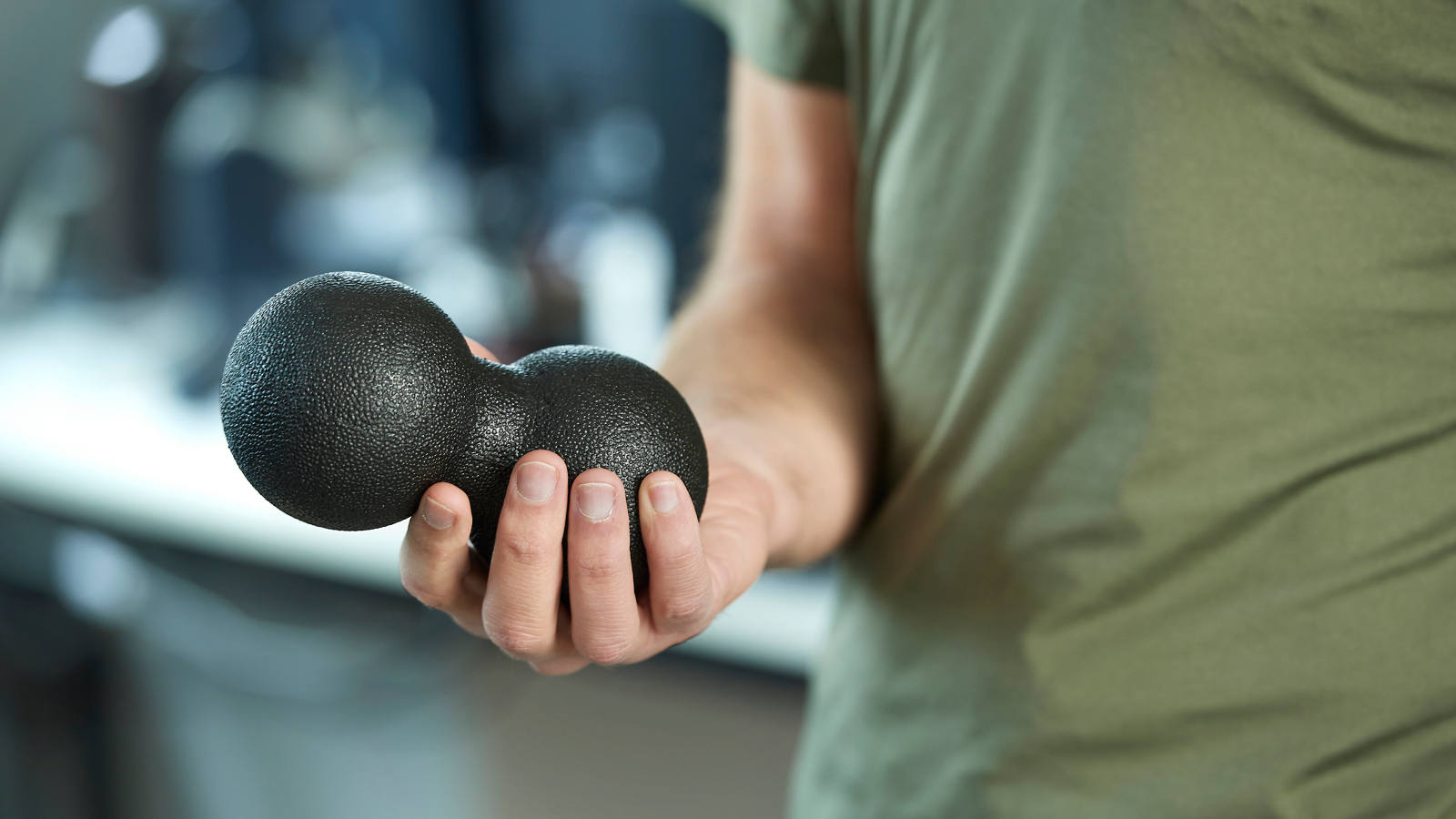
Sport with a cold: is this a good idea?

Regular sport strengthens the immune system, provided the intensity and duration are correctly adjusted. But what happens if you’re already feeling weak, you get a cold, or even a fever?
Sport despite a cold: why caution is advised
Practising sport while suffering from a cold doubles the pressure on the immune system. Both the pathogens in the body and the physical exertion prevent the immune system from combating viruses and bacteria quickly and effectively.
Fever? It's better to shift down a gear
Caution is advised especially when fever is added to the equation. Intense physical exercise such as a long jog can cause viruses to travel through the body. In the worst case, they can even reach the heart and cause life-threatening heart muscle inflammation. The better option is to refrain from training and treat the body to plenty of sleep and rest.
The right exercise during a cold
In the case of a mild cold or headache, taking a walk in the fresh air does body and soul good, and stimulates the cardiovascular system. In view of vitamin D intake, it's best to take your walk during daylight hours and even better when the sun shines. Also recommended with a mild cold is stretching and/or fascia training.
When to return to normal training
It's good to start at a more relaxed level to train basic endurance. Build up to your normal training level step by step, checking your heart rate with a monitor if possible.
-
After a mild cold, training can be resumed as soon as symptoms have subsided.
-
After sickness and infections with fever, you should be fever-free for at least two days without medication. Ideal is a break of one week.
“Open window effect”: the body is more susceptible to viruses
Athletes who train intensely have a higher risk of infectious diseases three to 24 hours after strong physical activity. The exertion weakens the immune system during this time, which offers what is known as an “open window” to bacteria and viruses. This is because the body experiences physical stress after an intensive bout of exercise and the stress hormones impair the immune defences.
Especially dangerous in winter
The open window effect can happen at any time of the year. However, the body is more susceptible to sickness in winter than during the warmer seasons. This is because the likelihood of a vitamin D deficiency is higher: the body receives less light during the short days of winter and therefore less vitamin D.
Sources:
- American Heart Association, Inc , Presentation, Patterns of Myocardial Damage, and Clinical Course of Viral Myocarditis
- Hansel J, Burgstahler C, Nieß AM. Diagnostische und therapeutische Pfade bei Sportlern mit Verdacht auf Myokarditis – eine Registerstudie. Jahrgang 65, Nr. 2 (2014)
- Training trotz Schnupfen oder gerade deswegen? von Christoph Eifler: Fachbereichsleiter Fitness der BSA-Akademie





